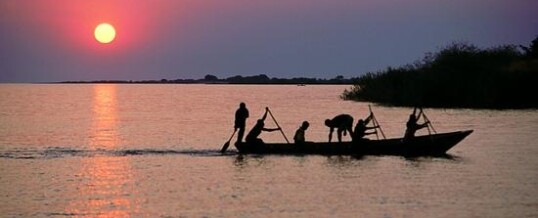

Here’s something possibly more interesting than your normal Monday morning inbox – it’s my Thursday by the way, as my half day will be on Wednesday this week…
This from AFP.
“Zambia’s dependence on copper has tethered its economy to every swing in the metal’s price for decades, but President Rupiah Banda told AFP heavy new government spending will help break that cycle. Zambia’s troubles mirror those of many African countries whose economies depend heavily on exports of a handful of raw materials, leaving them vulnerable to swings in commodities prices, like the dramatic drops seen last year.
Zambia’s case is particularly severe, with 80 percent of its exports earnings coming from copper. The 65 percent drop in the metal’s price last year sparked thousands of layoffs and a 73 percent fall in the value of its kwacha currency. The country’s leaders have long promised to diversify the economy away from copper, but in an interview with AFP, Banda said he is confident his government will make progress by pouring money into long-term investments in manufacturing, tourism and agriculture.
“What we have done at least, we have put a lot of emphasis and a lot of money in our budget on those sectors we want to concentrate on in addition to mining,” Banda told AFP on the sidelines of the World Economic Forum (WEF) meeting in Cape Town. “We want to keep the mines that are open open, but we also want to start factories, we want to start more agricultural projects.”
When Zambia won independence from Britain in 1964, it was considered a middle-income country. But a fall in copper prices in the 1970s and failed exercises in socialism left it among the world’s poorest today. Banda was elected president in October 2008, in the middle of a new downturn that saw copper prices fall from 8,000 US dollars per metric tonne to 2,800 dollars in about six months. But he inherited a better situation than the country has seen in past downturns. Zambia’s economy grew at an average of 6.2 percent in the last three years, and is forecast to slow to four percent growth in 2009.
The government used the good times to build up more than one billion dollars in foreign reserves, giving Banda a cushion to spend even during a downturn. He is putting a major emphasis on agriculture, increasing spending by 37 percent this year in hopes of improving food production and creating new export crops. Zambia, which is among the few African countries that has never experienced major civil strife, boasts large tracts of land with potential for game ranching and adventure holiday tours.
The country is also looking to new markets for its goods. Mining minister Maxwell Mwale told AFP that resurgent demand in China and India has helped stabilise copper prices around 4,500 dollars, with output up more than 13 percent in the first four months of the year. Energy minister Kenneth Konga said the country had the capacity to produce an additional 8,000 megawatts of power and export it to its neighbours such as South Africa, which suffers steep energy deficiencies.”
Make of this what you will – in my opinion Zambia talks tourism but doesn’t ‘do’ tourism! Some examples? Immigration, infrastructure, tax, and foreign investment. That bit about increased electricity exports? That’s a bit of a joke with Zesco in the state it’s in….
The picture? Fishing for ‘yellow bellies’ on Lake Tanganyika, Northern Zambia.
I wish…………
JUN
